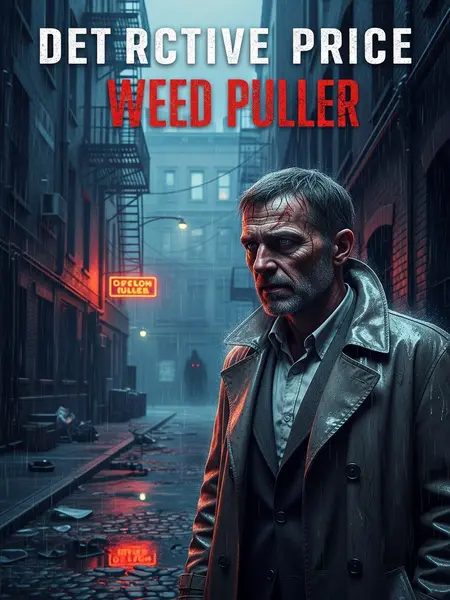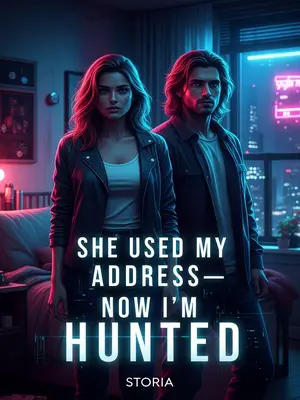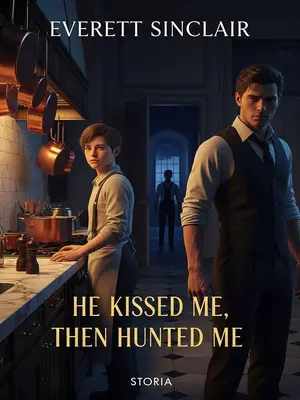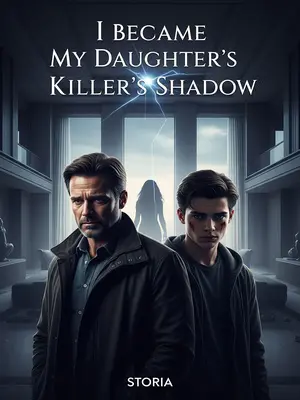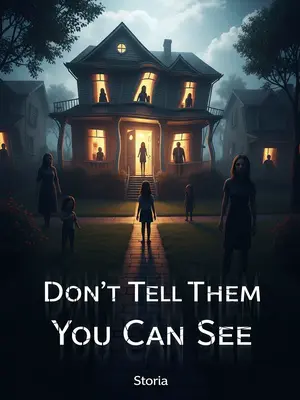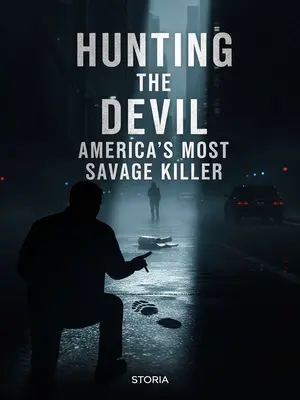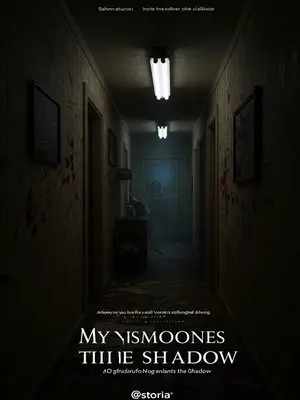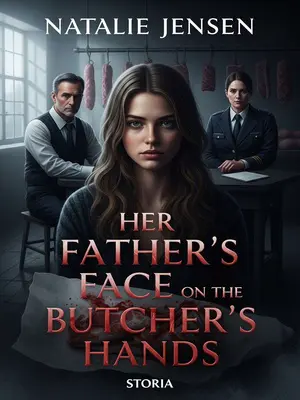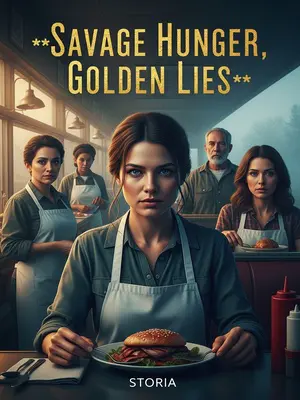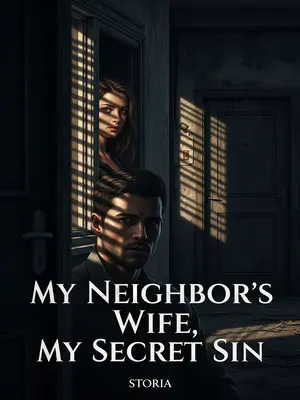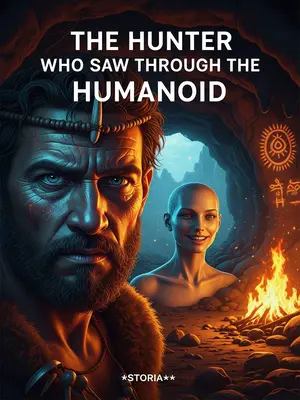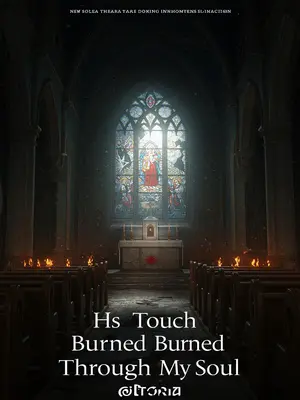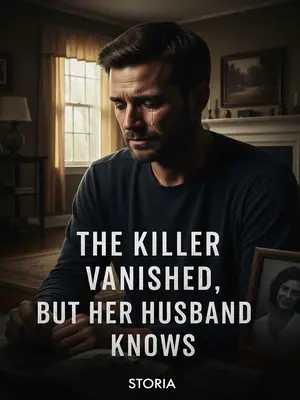Chapter 1: The Feast That Haunts Me
Years ago, my boss dragged me to a dinner where I tried a meat so good, it stuck with me forever. Later, when I found out what kind of meat it was, I never ate meat again after that. Not once.
I can still taste it. Even now. The flavors lingered on my tongue that night, while the laughter and clinking glasses faded into a dull, uneasy memory. That meal haunted me for decades—a shadow I could never quite shake. Sometimes, late at night, I can still taste it. And the shame burns in my gut like cheap whiskey.
1946 was a cursed year. In late autumn, a cholera epidemic that had ravaged Chicago for over half a year finally ended—just in time for a great famine to sweep up from the South. Starving refugees flooded into the city.
The city felt brittle. On the edge of breaking. You could see it in the faces on the L—the city train—in the way folks clutched their ration books, in the empty stores, in the hush that fell over neighborhoods after dark. The city that never slept was suddenly afraid to dream.
That’s when things started getting weird. One after another.
You could feel it—the air grew thick with rumors, stories whispered in soup lines and behind closed doors. Something ugly was crawling up from the underbelly of Chicago, and everyone could sense it.
On the first day of November, dozens of refugees reported to the police that their children had gone missing. Kids as young as one. Some as old as ten.
The precinct’s phones rang all night. Desperate voices. Ragged. Hopeless. The city’s heart seemed to skip a beat with every new report.
On the night of the eighth, a refugee staggered into the precinct, said he’d seen a car, packed with kids, heading for the waterfront.
He was half-crazed. Hands shaking. Eyes wild with fear. The officers humored him, but I saw the truth in his cracked voice. He was scared for a reason.
The next day, his body was found floating in the river. Every bone broken.
It was a message. Plain as day. Do the right thing in Chicago, and it could get you killed.
Ten days later, a bloody mess broke out at the famous old Lexington Grill.
The Lexington. The kind of place that made you forget the world outside. The kind of spot where powerful men made deals over rare whiskey and thick steaks. That night, it became a crime scene nobody would ever forget.
Chief Ray Wallace came to find me—even though I was on vacation—and insisted I had to get back to work and catch the killer.
I was halfway through a bottle of bourbon and a dog-eared Chandler novel when Wallace banged on my door. Face red. Voice hoarse. He didn’t ask. He ordered. That was Ray for you.
Martin, the manager, reported it. The victims? Henry Pembroke—Chicago’s richest man. And Robert Dorsey, Deputy Commander of the Lakeshore Garrison.
Rich. Powerful. Take your pick.
Liberty Room. End of the hall. Private, expensive, quiet.
Cologne and cigar smoke still hung in the air. Now mixed with the coppery tang of blood. The Liberty Room had seen a lot over the years, but nothing like this.
Two bodies outside the door. Dorsey’s personal guards.
One—his throat cut so clean, he never had time to scream. Face frozen in terror. Eyes wide open. The other moved a bit faster, hand going for his gun, but his neck was twisted, head hanging to one side.
One strike each. Dead before they hit the floor.
Two killers? Or one, fast as hell, striking with both hands at once.
"This is... way too clean, boss," Tyler Grant, my assistant, muttered, touching his own neck and clicking his tongue.
Tyler liked to wisecrack. But not this time. He was young. Still thought he’d seen it all.
Door was fine. If the killer wasn’t someone they knew, he must’ve dressed as a waiter. The guards never saw it coming.
Made sense. In a place like this, trust wore a white jacket. Carried a silver tray.
We pushed open the door. The stench of blood hit us like a wall.
Even Tyler, who thought he was tough, staggered. Eyes watering.
What was left at the table wasn’t human. Not anymore.
It was a nightmare. One that sticks to your skin, even when you wake up.
The face and scalp, hair and all, peeled off in one piece. Laid out on the table. Like a prank mask.
It looked almost playful. Like some twisted joke. The hair still shone under the chandelier. Parted neat. Mocking us.
Heart, liver, lungs, tongue. All arranged on plates in front of the bodies. Like dishes.
The organs glistened under the light. Like a chef showing off his best work. But this wasn’t a kitchen, and nothing about it was appetizing.
The teeth, knocked out like dentures, bloodstained, set at the plate’s edge.
A crooked smile. One last, grisly joke from the killer.
One body sprawled over the table. The other slumped in a chair. No sign of their skulls.
Puppets with their strings cut. Nothing left inside.
One door. One window. Door closed. Window open, facing the street below. Second floor. The killer probably jumped, carrying the two heads.
On the floor, next to the table. Big letters, written in blood: ‘Pulling Weeds.’
The words were scrawled in a looping, almost elegant hand. Like a signature on a masterpiece. Only this was a masterpiece of horror.
Two rookies bolted out the door. Clutching the frame. Vomiting their guts out.
Even the hard-nosed beat cops lost it. Retching echoed down the hall.
"Boss, I’ll go get Martin. Bring him up for a statement," Tyler said, already halfway gone.
Smart kid. Found himself a reason to get out of there.
Couldn’t blame them. Even after all these years, all these scenes, my stomach turned.
